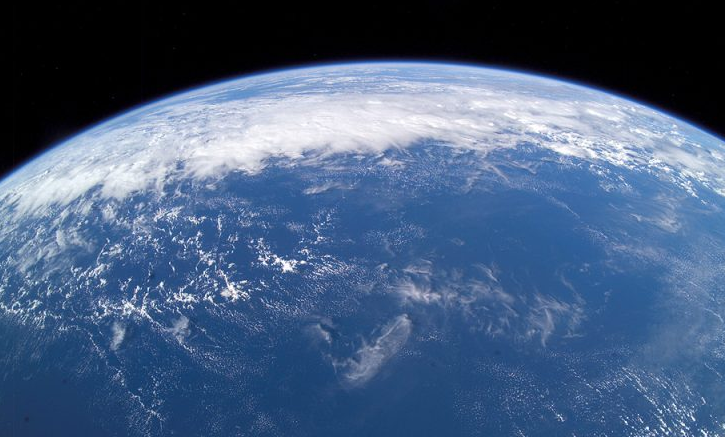Oceans are said to be the heart of any planet. Without oceans, it is impossible to imagine life’s existence. This is because oceans act as forces that drive the weather and climate of planets, making them a favorable place for life to thrive. A new study has now said that Venus didn’t host oceans in the past. The latest argument is different from previous assumptions. Scientists previously believed that Venus had oceans. Studies suggested that liquid water oceans existed on the planet. Venus is the hottest planet in the solar system although it is the second planet from Sun in the order. Its atmosphere is very thick and mostly composed of CO2.
The latest findings suggest that Venus cannot support life. Astrophysicists investigated whether Venus and Earth shared milder periods. Venus is also referred to as Earth’s twin and one of the four terrestrial planets. This is because both the planets are similar in size. Besides, the two have the same mass. Astrophysicists said that they could not see the planet’s surface from Earth as its atmosphere is very thick. It has thick clouds, making it difficult for researchers to see the surface. Venus’ atmosphere is so thick that it is the densest among the four terrestrial planets. The other three are Mercury, Earth, and Mars. Venus appears bright in the sky from Earth.
Astrophysicists used three-dimensional models of the atmosphere to study how Earth and Venus’ atmospheres evolved. They looked for data related to whether oceans were formed in the process. They said that Venus’ climatic conditions didn’t support water vapor to condense. This means that the planet’s atmospheric temperature never got dip to such a low level for water to form raindrops in the atmosphere and fall on the surface. They added that water remained present in the planet’s atmosphere in the form of gas and liquid water oceans never took shape. The acidic clouds triggered a very powerful greenhouse effect. This mainly didn’t allow Venus to cool down.
